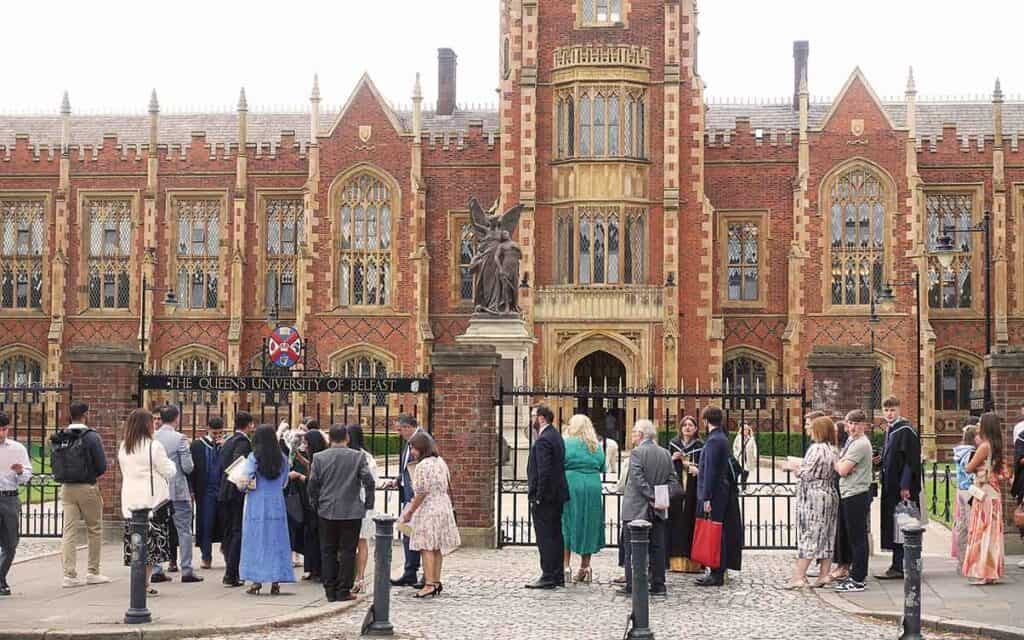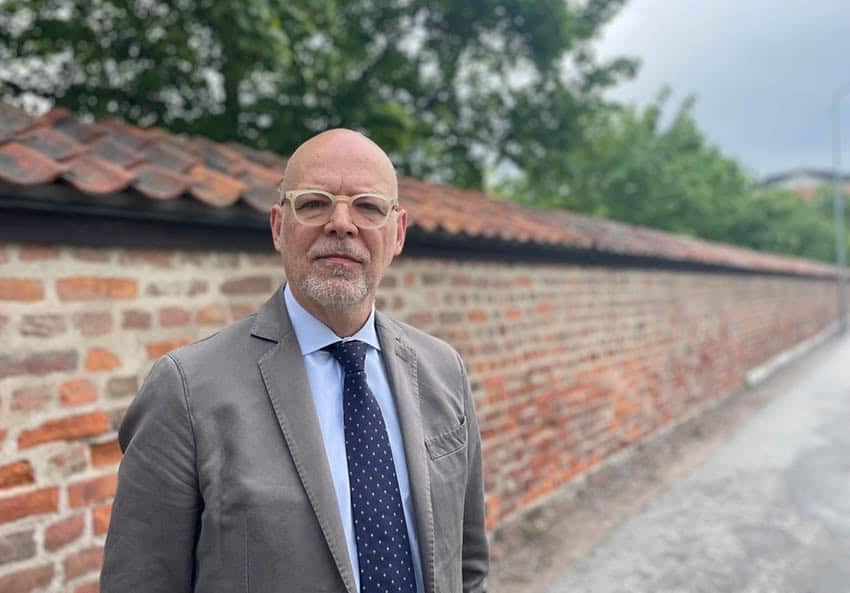As I stand in line at US border control for the first time since the change of administration, I feel a little more nervous than usual. In front of me in the line are two Swedes who are making fun of the border control officers’ questions. They are taking the liberty of mocking the situation and are joking with each other that “stupid questions get stupid answers.” A small part of me is pleased when one of the men is reprimanded for not giving straight answers to the border control officer’s questions. For me, and the majority of all travelers, border crossing is no longer a subject for jokes, and treating it as such is disrespectful to everyone ill-affected.
This year, I have crossed the border into the US twice and will soon be making a third border crossing. All my traveling has put me in sharp contrast to colleagues who are canceling their work trips to the US in protest against the country’s current political situation, and perhaps specifically the country’s research policy restrictions and hardline stance toward non-citizens.
But my decision to continue traveling to the US under these circumstances isn’t routine. I’ve attended lectures by lawyers for international researchers to learn how best to handle travel to the US at this time. We’ve been drilled on the importance of not having anything politically provocative on our phones, of answering border control officers’ questions clearly, concisely, and truthfully, and of being prepared for any potential deviations. We’ve been taught which fields of research and activities are more likely to trigger suspicion and additional scrutiny, and what we can do if we’re detained at the border.
All this seriousness doesn’t stop me from traveling. Avoiding work trips to the US because you’re displeased with the political situation is a privilege of an established researcher. For a junior researcher whose field is largely based in the US, a lack of contact can mean lost opportunities. Despite cuts to funding, there is still a great deal of cutting-edge research conducted in the US. My field of research wouldn’t be what it is today if it weren’t for all the prominent researchers based and funded in the US, and likely, neither would yours. I’ve yet to meet anyone who seriously believes that a significant portion of American research will move to other countries in the near future. Continued collaboration with researchers in the US seems necessary for a strong and global research community.
“For a junior researcher whose field is largely based in the US, a lack of contact can mean lost opportunities. Despite cuts to funding, there is still a great deal of cutting-edge research conducted in the US.”
Traveling to and collaborating with researchers in problematic countries will always be a sensitive issue. Undoubtedly, there are more extreme situations where the only option is to terminate all collaboration to minimize the risks to researchers and research. But it’s unfortunate to further punish an entire country’s research community for the shortcomings of its political leadership. This applies to many countries, and is especially unfortunate for a country as research-strong and diverse as the US. I don’t believe that those who choose to avoid problematic countries in their professional work are necessarily doing wrong, nor are those of us who collaborate with researchers in these countries necessarily doing right. To make a political stance out of the situation means losing sight of the complexity of why we collaborate in the first place.
If there is one thing I’ve learned from my visits abroad, it’s that these collaborations create we. Communities and collaboration are valuable to me both professionally and personally. As I prepare for my third trip this year, I have no doubts about my decision. I’m traveling to discuss newly baked research at a conference, with the conviction that it strengthens a global community that makes my colleagues and me better researchers. Obviously, I won’t abandon a country where I have research role models, academic networks, and friends. And obviously, there is nothing routine about that decision.






















